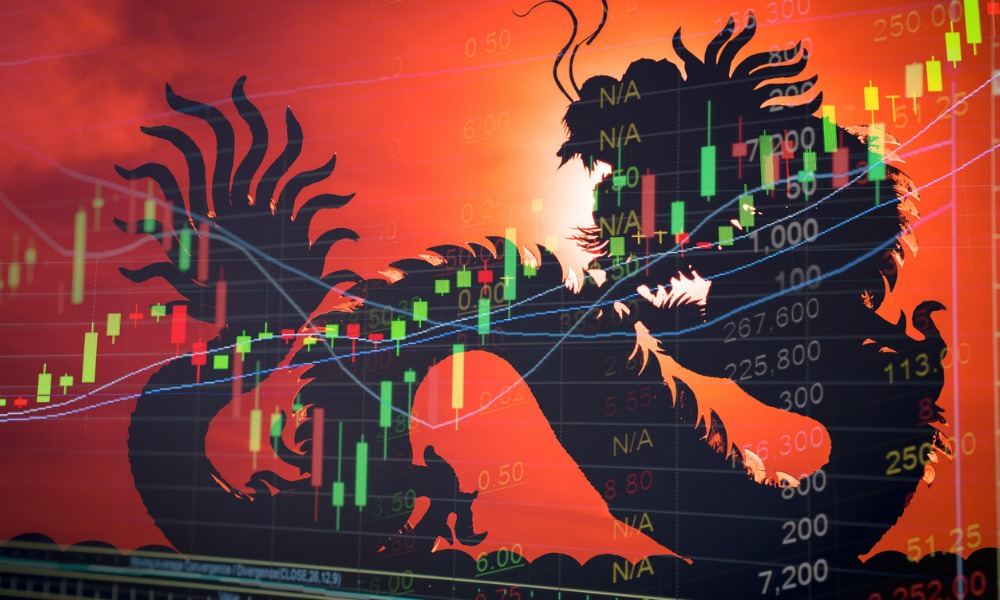Portfolio managers explain how the emerging market superpower's tougher stance on tech supports a broader growth agenda

Recently, the Chinese stock market suffered one of its worst monthly declines as the country’s government poured regulatory pressure on tech companies. In what’s been a months-long clampdown on businesses, the latest moves included sudden decisions to halt mergers, antitrust fines, and the passage of a stricter data security law to take effect this month.
While investors in China might be understandably put off by these developments, two portfolio managers from the Capital Group argue that the moves are part of a broader effort by China to promote socioeconomic sustainability and growth.
“[I]n a broader socioeconomic context, China’s government wants social and economic stability,” said Noriko Chen, who’s also a member of the Capital Group Management Committee, and Victor Kohn in a recent blog post.
The two explained that as part of its sustainability agenda, China is looking to make education, healthcare, and other necessities of life to be more affordable. To support its other major goal of national security, the country is also aiming to take greater control of data and encourage greater technological self-reliance.
“Beijing is saying it wants greater control, but that does not necessarily mean the government wants to punish any company that makes too much money, or to sharply curtail the profitability of some of the country’s most successful companies,” the two said.
China’s tightening focus on internet platform operators, the two said, is likely aimed at curbing monopolistic and oligopolistic power and behaviour such as predatory marketing and forcing merchants to sign exclusive contracts. The possible upshot is for the dominant companies to open their mobile-based internet platforms to competitors, as well as greater scrutiny of proposed acquisitions.
“In the long run, increased competition might be a healthy development, but in the near term, we could see greater earnings volatility,” they said.
On the government’s more recent orders for Chinese after-school tutoring platforms to become non-profit entities and not pursue IPOs, Chen and Kohn explained how for-profit education companies have been viewed as a key contributor to widening economic inequality. With quality teachers leaving public schools to take on higher-paying private tutoring jobs, lower- and middle-income families had to be protected.
“For private sector companies, this may hurt average revenue per user, reduce profitability and increase compliance costs,” the two said, adding that regulatory actions could spread out to include areas such as consumer finance, online gaming, and mobile apps. “As a result, we may continue to see increased volatility in China’s equity markets in the near term, and this may suppress valuations and elevate risk premiums.”
While many traditionally lucrative companies are set to suffer, they said other business areas that are more aligned with the government’s priorities may prove to be better investment opportunities. Some of those areas include:
- Green energy;
- The electric vehicles (EVs) market;
- Pharmaceuticals and medical innovation;
- Import substitutions to reduce China’s reliance on foreign suppliers, notably for the semiconductor industry; and
- Software and information technology services



